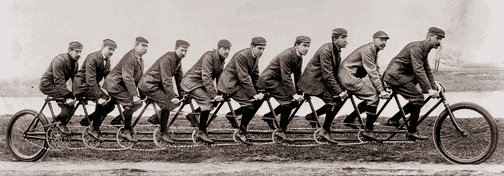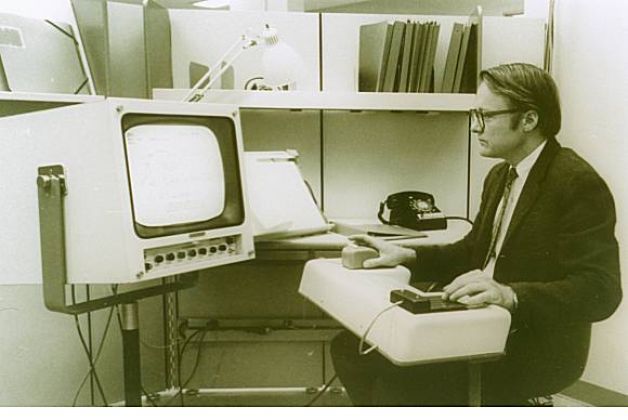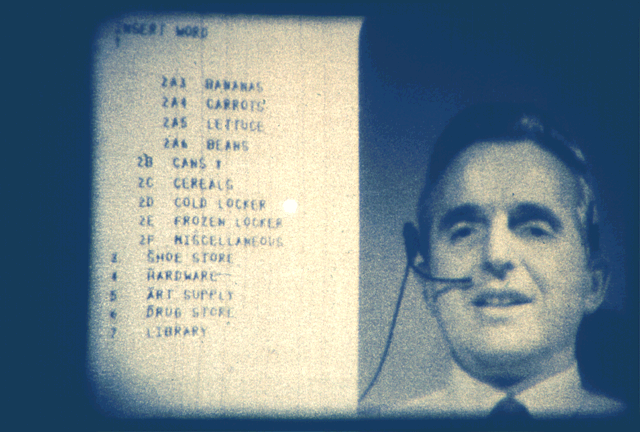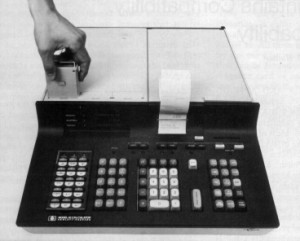In the wake of computer pioneer Douglas Engelbart’s death (1 + 2) and the renewed fascination with him, his 20-year-old granddaughter Emily Mangan just did an Ask Me Anything at Reddit to discuss his life and work and his hopes for a hive approach to problem solving. A few exchanges follow.
________________________
Question:
Question:
Emily Mangan:
_______________________
Question:
This article says Doug was unable to find funding for four decades. Did he ever talk about that with you? Was he actively seeking funding for new ideas and development?
Emily Mangan:
It’s true that funding was difficult to find. I do not know the actual period of time, but funding was always scare. His ideas were often too big and grand to consider paying for. While his genius is undisputed, some considered him a crackpot and others a prophet. He always wanted to find a way to raise the collective IQ, but besides that goal, I do not know of other ideas/developments in his later years. It may have been that he just didn’t think to share them while eating ice cream with grandkids.




